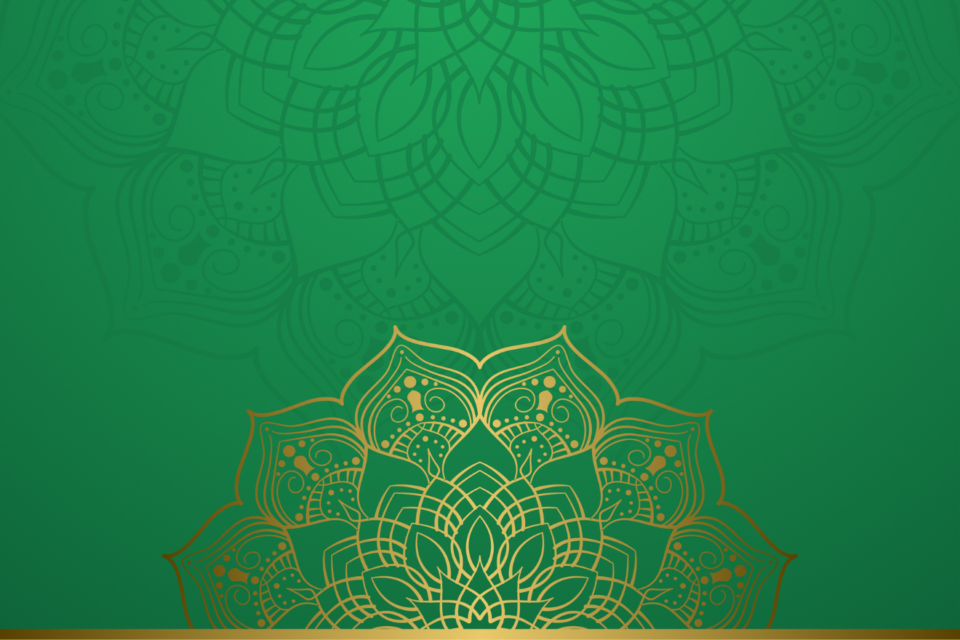This month we have entered into the month of Ramadan, a holy time of praying, fasting and giving for those who are Muslim. In her personal reflection Fatimah Mohamied, midwife and cultural safety champion at a London Trust, shares her journey of fasting when pregnant and breastfeeding, pointing to how midwives may support during this time.
______________________________________________________________________________________________________________________________________________________________________
Having fasted every Ramadan since the age of 11, I have grown accustomed to the soulful community, spirituality and re-energizing willpower that fasting during this holy month encourages and proliferates. This all came to an abrupt and confusing halt when I first became pregnant. I discovered that despite being in my first trimester, I would be physically broken by the end of the fast, after 6 days and with a heart as heavy as the voracity of the growing life in my womb. I gave up fasting the rest of Ramadan that year, with a promise that I would make up the days another time.
I distinctly remember feeling a sort of cousin of guilt, not the true original, more a product of sadness and grief but shouldered upon my own consciousness as a result of it being my decision. I knew logically I was not to blame as I was growing another human being and being allowed respite from fasting was a gift from God. But in my sadness to not be part of the communal efforts of fasting I couldn’t shake off that I was missing something very integral to the month. I simply couldn’t feel Ramadan anymore because I had opted out of its most potent ritual. Increasing acts of worship such as reading the Qur’an and praying was still important, but I couldn’t help feeling I had excommunicated myself somehow.
When I had my baby, I was very happy to breastfeed her, but I told a friend of my sadness at not fasting the coming Ramadan as she would be 4 months old and purely reliant on breastmilk. Her response was to remind myself that the baby was too young to withstand its mother’s fasts. I still felt that cousin of guilt and I still didn’t feel Ramadan, but this was also due to adapting to a completely new world that is parenthood.
The next year would be my year, and it was. With a 16 month old, I was still breastfeeding and felt confident I could fast as breastfeeds were minimized considerably by its displacement with solids. At work and while fasting I managed to express between 60 and 80 mls, and despite it being about a third to half less than what I would normally produce, I was still incredibly at awe at what this vessel containing my soul could do. I felt all of Ramadan in all its power.
The next year I was pregnant again, this time, strangely, I only felt a dredge of that cousin of guilt when I decided from the start not to fast. It could have been because I was so exhausted working as a midwife, doing the bulk of housework and caring for my incredibly active toddler while being 28 weeks pregnant, that there was no time left for feeling remorse at not adding extra strain to an already very taxed body.
At this time, I reflected that for those able and blessed, reproductive work is also an act of worship. This is evidenced by Hadiths which state that a woman who dies in childbirth is given a status of a martyr by God, and another Hadith details that every suckle of a babe at its mother’s breast is counted as a good deed. But I only learnt of this in my thirties, despite a strong Islamic education and upbringing, I cannot blame anything but patriarchy for this clouding of female spiritual awareness.
Now, with a 3 year old and a 9 month old, still very reliant on breastmilk but also eating some solids, I am very proud to be fasting again with an understanding that the childcare I do is just as valuable as the fasts. I take steps to ensure I am hydrated by waking before dawn for Suhoor to eat and drink water before the fast begins, and if I haven’t been able to do this I would feel confident in deciding against keeping the fast that day if I believed it was impacting feeding my infant.
This is just my story, one story, among a plethora of Muslim women and birthing people who fast Ramadan while pregnant or breastfeeding. It is important to remember that we are not a homogenous group, that no two bodies are the same, and that no protocol can regulate or predict the amazing complexity of our bodies.
Trusting and believing what a person says about their health is the quickest way to respect that they know themselves better than you do, despite all your professional training as a healthcare worker. It would heal partnerships that are torn by Muslim women having to lie to their midwife about fasting for fear of judgment, it would ensure safety by trust and confidence in maternity staff if Muslim women did not feel compelled to hold their religion at arm’s length for fear of Islamophobic disregard to their spiritual needs, or worse, be thought of as an act of harm towards their unborn or newborn.
Supporting pregnant and breastfeeding Muslim women and their families to be their physically and spiritually healthiest selves, at an incredibly spiritual time, comes from not knowing every intimacy about their religion or culture, but from actively facilitating them simply being themselves, which is born from mutual trust, respect and a balanced power dynamic between within the partnership.
Fatimah Mohamied
Midwife and cultural safety champion, London
March 2023


